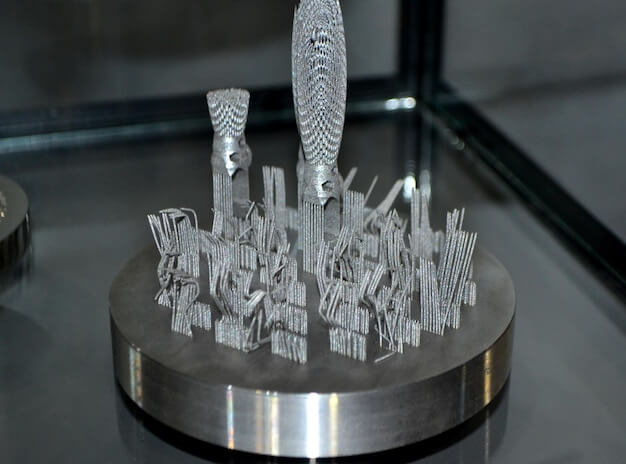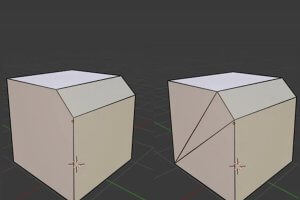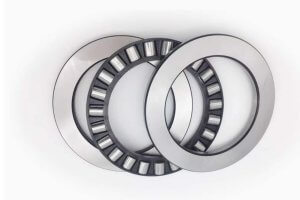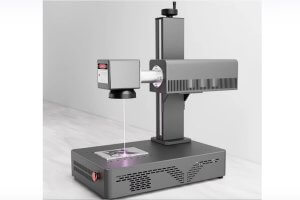In the world of luxury goods, precision and artistry are paramount. When it comes to crafting exquisite items from precious metals, custom CNC (Computer Numerical Control) machining offers unparalleled advantages. This article delves into the methods, materials, and considerations involved in CNC machining precious metals for luxury goods, providing insights for luxury goods designers and those seeking CNC machining services.
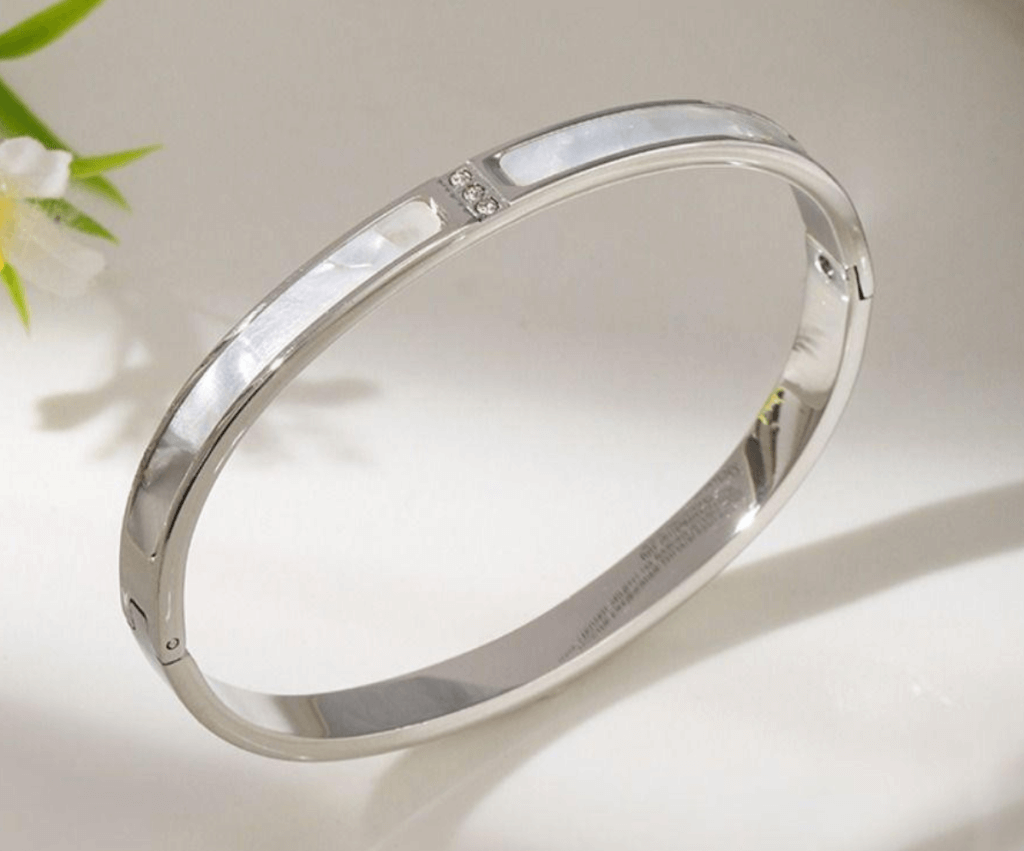
Understanding CNC Machining
CNC machining is a manufacturing process that uses computer-controlled tools to create complex parts and designs. This technology allows for high precision, repeatability, and efficiency, making it ideal for producing intricate luxury items.
The Process of CNC Machining Precious Metals
- Design Creation: The journey begins with a digital design. Designers can use CAD (Computer-Aided Design) software to create detailed 3D models of their luxury goods. This stage is crucial as it defines the specifications for machining.
- Material Selection: Choosing the right precious metal is vital. Common materials used in luxury goods include gold, platinum, silver, and palladium. Each metal has unique properties that affect the machining process and the final product’s aesthetics.
- Machining: Once the design is finalized and materials are selected, the CNC machine begins its work. The machine follows the digital blueprint to cut, carve, and shape the metal. This process can include milling, turning, and engraving, depending on the complexity of the design.
- Finishing Touches: After machining, the pieces often undergo finishing processes like polishing, plating, or applying special coatings. These steps enhance the appearance and durability of the luxury goods.
Advantages of CNC Machining for Luxury Goods
- Precision: CNC machining allows for incredibly precise cuts and designs, ensuring that every piece meets the highest standards of quality.
- Complexity: The technology enables the creation of intricate designs that would be challenging or impossible to achieve with traditional machining methods.
- Speed: CNC machining can significantly reduce production time, allowing designers to bring their products to market more quickly.
- Customization: Each luxury item can be tailored to meet specific design requirements, offering a level of customization that appeals to luxury consumers.
Materials Used in CNC Machining of Precious Metals
When it comes to luxury goods, the choice of metal can significantly impact the design, durability, and overall value of the final product. Here’s a closer look at some of the most popular precious metals used in CNC machining:
- Gold: Known for its malleability and conductivity, gold is a favorite for jewelry and luxury watches. It comes in various purity levels, with 24K being the purest.
- Platinum: Renowned for its strength and resistance to tarnish, platinum is a premium choice for high-end jewelry. Its rarity also adds to its luxury status.
- Silver: While more affordable than gold and platinum, silver’s beauty and versatility make it a popular choice for many luxury items.
- Palladium: This lesser-known metal has gained popularity for its hypoallergenic properties and modern appeal, often used in fine jewelry and watches.
The CNC Machining Process for Precious Metals
- Setup: The CNC machine is set up with the chosen precious metal. It’s essential to ensure that the machine is calibrated correctly for the specific type of metal being used.
- Cutting and Shaping: The CNC machine executes the design with high precision. It can create complex shapes, engravings, and patterns that enhance the luxury aspect of the goods.
- Quality Control: After machining, each piece is inspected for quality. This step is crucial in the luxury goods market, where even the slightest imperfection can affect value.
- Final Finishing: The last step often involves hand-finishing techniques to ensure that every item meets the designer’s exact specifications. This might include polishing to a high shine or adding texture to certain areas.
Considerations for CNC Machining Precious Metals
- Material Properties: Understanding the properties of the chosen metal is essential for optimizing the machining process. Different metals require different tools and techniques.
- Design Complexity: While CNC machining can handle complex designs, some may still require additional finishing work. Designers should keep this in mind during the initial design phase.
- Cost: The quality of precious metals can significantly impact the overall cost of production. Budget considerations should align with the luxury positioning of the final product.
Data List: Common Precious Metals Used in CNC Machining
| Metal | Characteristics | Common Uses |
|---|---|---|
| Gold | Malleable, conductive | Jewelry, watches |
| Platinum | Durable, tarnish-resistant | High-end jewelry |
| Silver | Versatile, affordable | Luxury goods, cutlery |
| Palladium | Hypoallergenic, modern appearance | Fine jewelry, automotive |
The Future of CNC Machining in Luxury Goods
As technology continues to evolve, the capabilities of CNC machining will expand even further. Innovations such as 3D printing and advancements in materials science could lead to new opportunities for luxury goods designers. The combination of traditional craftsmanship with modern technology will likely shape the future of the luxury market.
Conclusion
Custom CNC machining of precious metals plays a vital role in the creation of luxury goods. It offers designers the precision, complexity, and speed necessary to produce stunning items that meet the highest standards of quality. By understanding the materials, processes, and considerations involved, luxury goods designers can harness the power of CNC machining to elevate their creations and cater to the discerning tastes of luxury consumers.
Other Articles You Might Enjoy
- Precision CNC Machining of Steel: High-Volume Production
Precision CNC Machining and High-Volume Production As an integral part of modern manufacturing processes, Precision Computer Numerical Control (CNC) machining brings about unmatched accuracy and consistency in the production of…
- Optimizing CNC Machining with Hybrid Materials: Benefits and Challenges
Introduction: CNC Machining and the Role of Hybrid Materials CNC machining, short for Computer Numerical Control machining, is a manufacturing process where pre-programmed computer software dictates the movement of factory…
- Aluminum CNC Machining Service for Custom Parts
Aluminum CNC machining stands at the forefront of modern manufacturing, epitomizing precision, versatility, and efficiency. With its widespread applications across industries ranging from aerospace to automotive and beyond, aluminum CNC…


